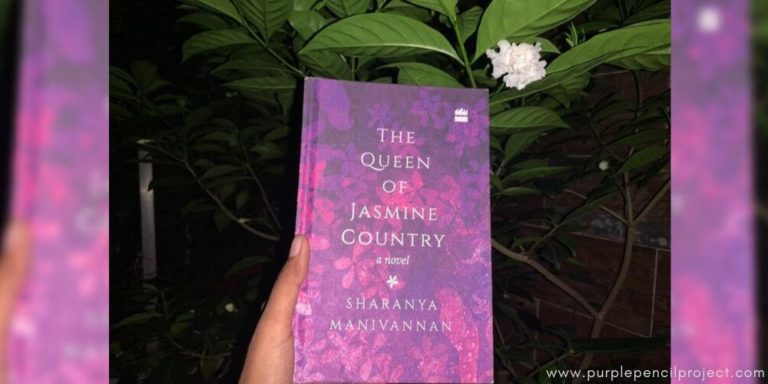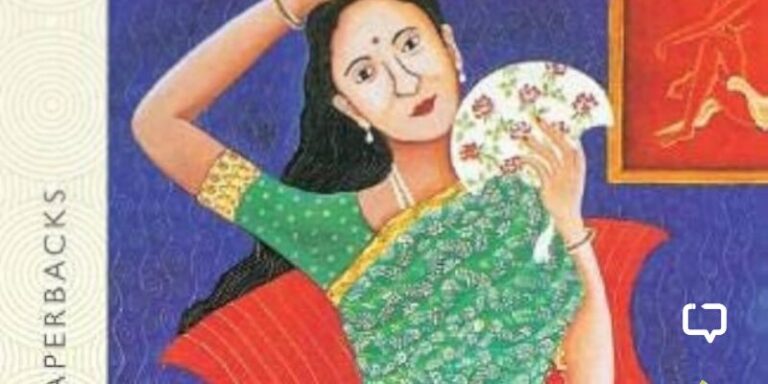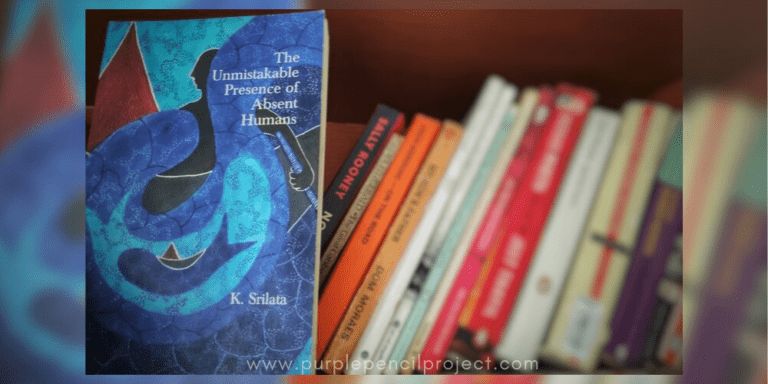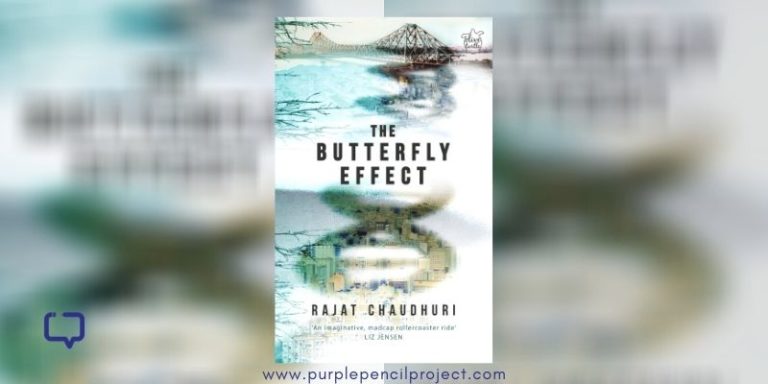I began reading this novel sceptically, I admit. It seemed to be just another retelling of Jhansi Ki Rani, the warrior queen who splintered the barrier of gender to fight for her kingdom. But I was pleasantly surprised when Moupia Basu‘s Chandraki swept in like a storm cloud and stole the show.
We encourage you to buy books from a local bookstore. If that is not possible, please use the links on the page and support us. Thank you.
The title of the historical fiction novel is derivational at most, Rani Lakshmibai plays a very important role, yes, but the protagonist of the novel is another formidable woman, Chandraki, the queen’s confidant and champion right-hand.
The beginning of the novel is Chandraki’s origin story, as the daughter of a courtesan in the kingdom of Gangadhar Rao of Jhansi and her gradual rise into a position of power alongside Rani Lakshmibai. There is an amalgamation of the bildungsroman as well as the stream-of-consciousness technique in the style of narration, which leaves the reader anticipating and questioning every action on Chandraki’s part in the story. It engages the reader intensely and leaves us rooting for her victory until the very end.
Basu’s style of writing is arresting and she manages to transport the reader to the Jhansi of the 1850s, its people fleshed out vividly, its culture and backdrop illustrated authentically.
The tales of valour
The eternal tales of valour of Jhansi Ki Rani that we grew up with as children set the foundation for the novel. The predominant theme of the story is the courage of the two protagonists. Basu’s readers undertake and experience the journey of Chandraki and Rani Lakshmibai from young, inexperienced girls to strong women who take control of their own destinies.
Both are brimming with ambition and intelligence, dangerous traits to possess in an era where women were pushed into the funeral pyres of their husbands. Their moxie is begrudgingly accepted by those around them, even by those who attempt to thwart them.
Chandraki’s social standing at the beginning of the novel is that of a dancer and a courtesan-in-training but that does not stop her from developing a spine, even in the face of harsh conditions. It is this resolve that gains her the favour of the young Queen Lakshmibai who takes the fiery girl under her wing.
All for love
A multifaceted term, love in this novel exists in varying degrees. Chandraki’s love for her queen is all-consuming. In her, she sees her mother, her father, her closest friend and most of all, her saviour. It is this love that prompts her to take risks time and again to serve her queen’s interests. Her loyalty towards her queen remains unshakeable even in the face of certain death.
Lakshmibai’s love for Chandraki mirrors the devotion that the latter has for her. Even when she finds herself in a precarious political position surrounded by enemies she puts Chandraki’s happiness first and allows her to travel to Orchha, Jhansi’s enemy state in search of her husband, even lending her Bijli, the Queen’s prized mare.
The gradual development of a love triangle between Jaywant, Chandraki and Riyaz Khan is also an important element in the story. Basu manages to weave an air of mystery and uncertainty around both men which are only resolved in the climax of the story and we, the reader realise the depth of the feelings Riyaz Khan actually harbours for Chandraki and the sacrifice he makes in the name of love.
Breaking gender norms
Rani Lakshmibai went down in history as the bravest queen India has ever seen and she did so by breaking the shackles of gender stereotypes. At the very beginning of the novel, when Raja Gangadhar Rao marries the fourteen-year-old queen, rumours about her run amock – she knows how to ride horses, she is skilled at sword fighting and she takes a keen interest in ruling the kingdom. She is not content being a trophy wife and instead actively participates in the activities of the court. Her outspoken, brash nature even makes British officials admire her.
Similarly, Chandraki refuses to adhere to the profession that her mother has been pushed into. She aspires to be more and with the help of her queen polishes her skills. She refuses to showcase her dance the way courtesan women are expected to because she dances for no one but herself. She refuses to stereotype herself as a damsel in distress and refuses help from Riyaz Khan.
Even when both women find themselves on enemy grounds, they refuse to bow down and cower. Instead, they both fight for their beliefs and their home, unconcerned by the eventualities.
The big conflict
Basu’s use of the time period of the 1850s as the backdrop is extremely relevant to the plot. It creates a foundation for the lives of the two female characters to unfold. There is constant strife and struggle for power littered through the expanse of the story and the resolution of one seems to lead to a wildfire that ignites others.
Rani Lakshmibai is perpetually locked in a struggle for power with the East India Company, the rebels and then the kingdom of Orchha. Chandraki’s struggle to find her footing in her own kingdom and the problems she faces when she becomes the prisoner of Queen Larai of Orchha, contribute to her character development. As readers we root for both women, hoping they emerge victorious in the face of conflicts.
The original tale of the Rani of Jhansi has been chronicled in Indian history textbooks since independence and she has always served as an example of courage and patriotism. Basu takes some creative liberties and weaves together a story of not just the queen but a woman, an underdog who represents all of the faceless warriors whose blood was shed in the battle for freedom and we the readers, find ourselves enchanted by this glorious display.
Final Verdict: A gripping tale, Basu leaves the reader breathless with this beautiful story (although the cover is a little disappointing).
Favourite Quote:
He looked up to the balcony above and saluted. Then softly, he said,’It’s time for you to sleep now. The kings and queens are gone.
Recommended For: Anyone who loves history, stories of courage, stories of strong women and is looking for a pacey read.
*Purple Pencil Project received a copy of this book from the publishers. This has in no way affected the review itself. Purple Pencil Project promises to maintain objectivity in all its content.























